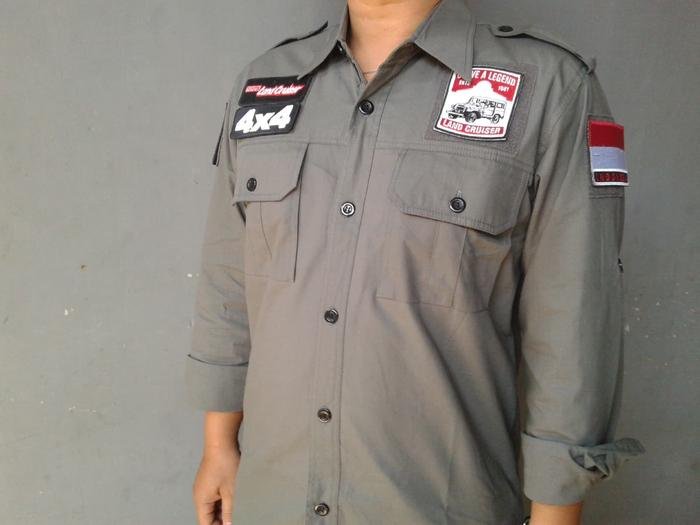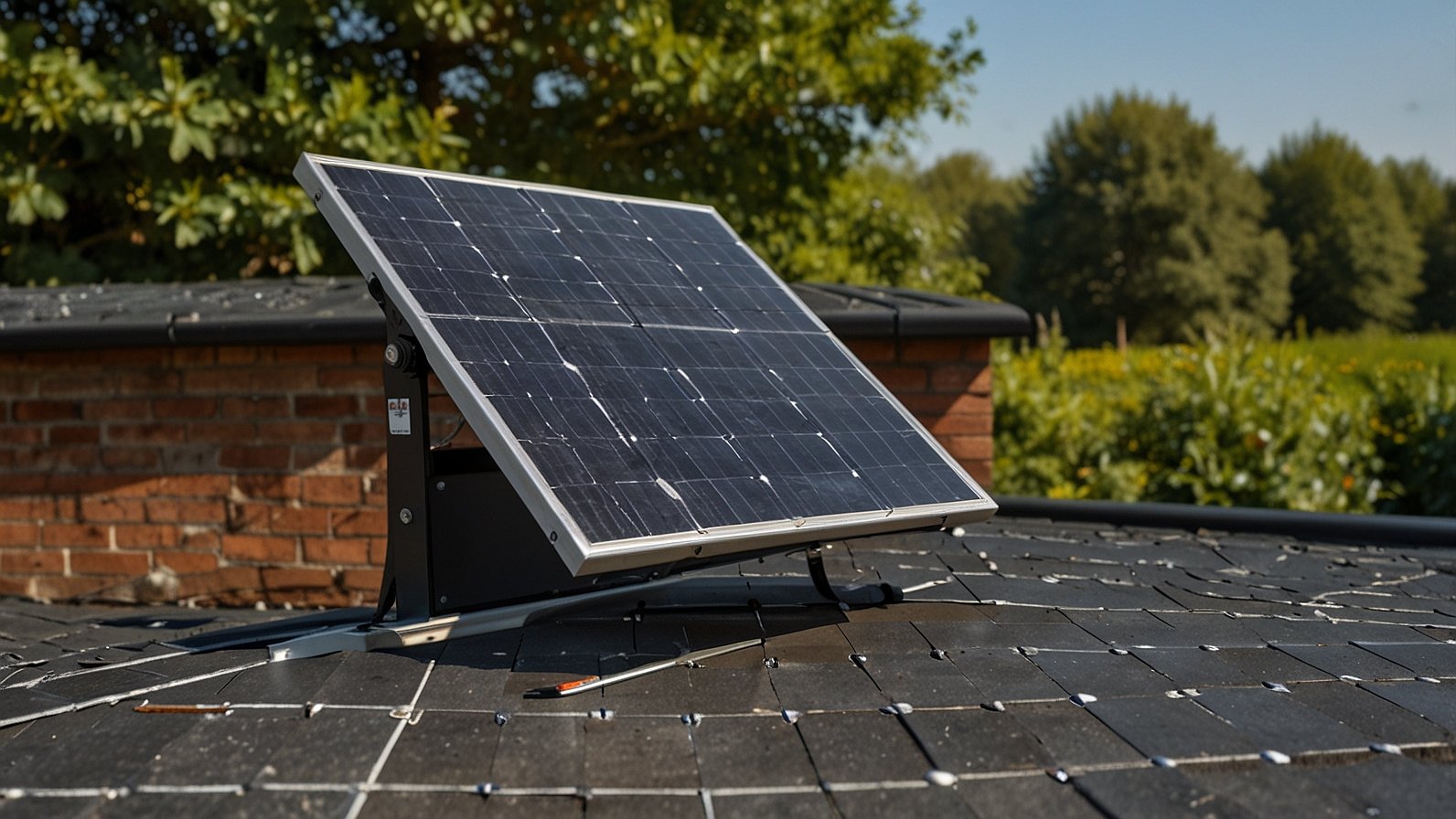Upgrading your workshop requires a choice: manual machines or CNC (Computer Numerical Control) machines. Each type has its own benefits and drawbacks. The best choice depends on your needs, experience, and business goals.
For newcomers to the world of machining, stepping into CNC can seem daunting at first. It’s crucial to look for resources that guide you in choosing the best CNC machine for beginners. This way, your investment will be effective and easy to use as you begin learning.
Let’s look at the pros and cons of manual and CNC machines. This will help you make the best choice for your shop.
Understanding Manual Machines:
Manual machines like lathes, mills, and drill presses need a hands-on approach. The machinist places tools, measures, adjusts speeds, and operates the machine by hand.
Advantages of Manual Machines:
- Affordability: Manual machines cost much less upfront than CNC systems. This makes them ideal for smaller workshops, tight budgets, or occasional machining tasks.
- Simplicity and Control: There is no need to learn software or programming. You are in full control of the operation, making quick adjustments easier.
- Skill Development: Manual machining shows you the basics of metalworking. These skills can help you become a better CNC operator later.
Disadvantages of Manual Machines:
- Slower Production: Manual processes are time-consuming, especially for high-volume or repetitive jobs.
- Inconsistent Results:
- Someone makes each part by hand, so quality and measurements can vary.
- Automation limits intricate cuts and 3D shapes, making complex jobs harder.
What Are CNC Machines?
Software and automation power CNC machines. A CNC machine, once programmed, makes complex parts with high precision. It often needs no further adjustments from the operator.
These machines use digital blueprints, often G-code, to follow instructions. They cut paths and make movements.
Benefits of CNC machines:
- CNC machines are great at making the same precise parts. They can do this in large quantities, too.
- Efficiency: Once set up, a CNC machine can work faster than any human operator. It can also run unattended, freeing up time for other tasks.
- Flexibility: CNC machines easily manage tasks, from a single prototype to a batch of 500 parts.
- CNC machines can handle complex designs. They can work with 3, 4, or even 5 axes. This means they can make parts that are hard to produce by hand.
Drawbacks to consider:
- Higher Upfront Cost: CNC machines need a bigger investment. This includes not only the hardware but also the software and tooling.
- Operators face a steep learning curve. They need to learn design software like CAD. They should also know programming, including CAM and G-code. Plus, they must manage machine calibration.
- CNC machines need regular technical maintenance. If not managed well, this can cause more downtime.
Which one is right for your shop?
Your decision comes down to your goals.
If you’re new, working on hobbies, or doing simple tasks, manual machines may be all you need. CNC is likely your best option for long-term growth. It helps with managing complex designs and speeding up production.
Additionally, the skill level of your team matters. Manual machines need hands-on skills. CNC machines need tech skills in software and programming. Designers have made modern CNC machines more user-friendly than in the past.
This is where brands like BORUI CNC come in. BORUI specializes in high-quality CNC machines that cater to both beginners and professionals. Their products have great features. These include touch-screen interfaces, precision motion systems, and durable hardware. Plus, they offer reliable customer support.
BORUI CNC provides customized solutions for any setup, big or small. Whether you run a small garage shop or a large production facility, we have what you need. These options balance performance and ease of use. Their beginner-friendly models simplify CNC, making them great for machinists new to automation.
FAQs:
Are CNC machines worth it for small workshops?
Absolutely. Even small shops can enjoy the precision, speed, and automation of CNC machines. Compact and affordable options are here, especially the top CNC machines for beginners. These can boost your output without a big industrial setup.
How much maintenance do CNC machines need compared to manual ones?
CNC machines need regular technical maintenance. This includes care for electronics, motors, and software updates. They also provide maintenance alerts and built-in diagnostics. These features help prevent major problems. Manual machines are easier to repair but lack automation features that can save time.
Conclusion:
If you’re serious about growing your shop’s capabilities, CNC is the way forward. It offers more services, boosts productivity, and improves your output quality. The good news is that with the right guidance and the right equipment—it’s more accessible than ever.
Whether you’re a skilled machinist seeking an upgrade or a beginner, pick a machine that meets your needs. It should also support your growth in the future. Explore the best CNC machine for beginners. Look for trusted providers like BORUI CNC. This way, you can be sure your investment offers great performance and peace of mind.










